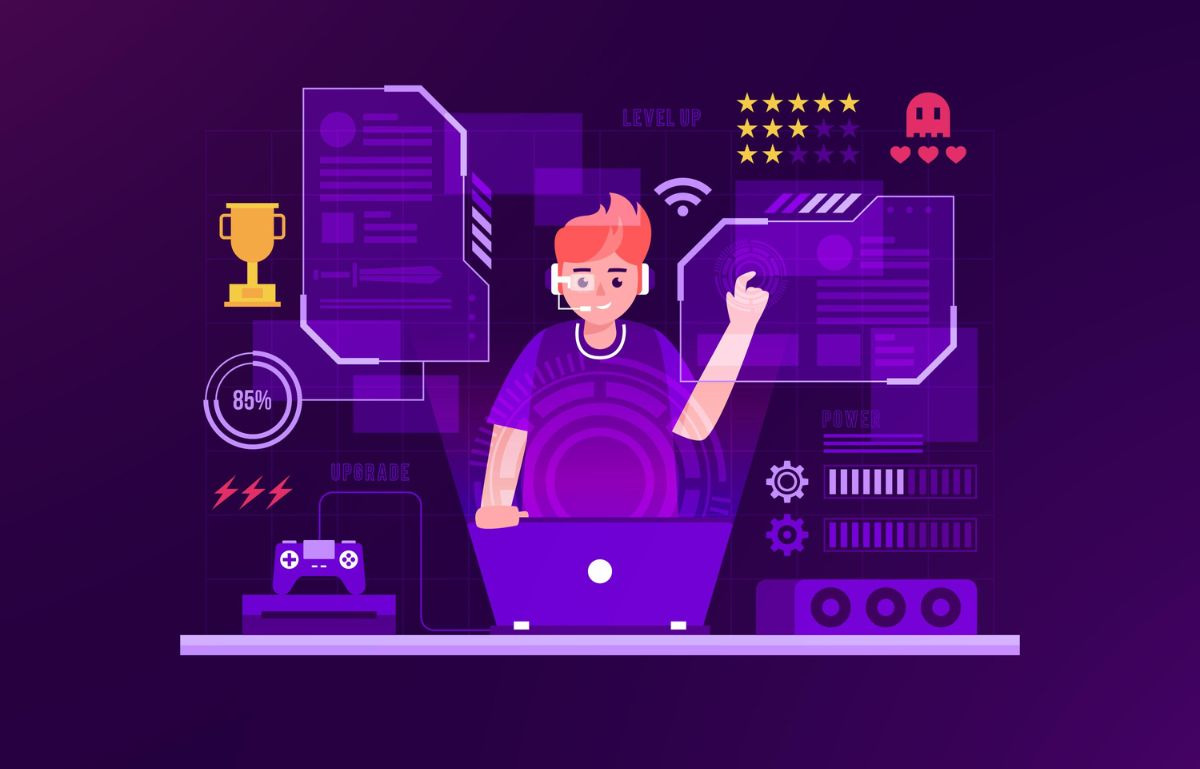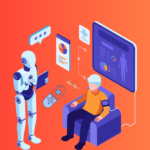In today’s hyper-connected world, software and games move faster than ever. One upload can reach the other side of the planet within seconds. A title launched in Tokyo might be trending in Berlin, São Paulo, or Cairo before the day ends. But global visibility doesn’t automatically mean global success. People might find your product, but will they connect with it? True success starts when users feel that connection.
Players and app users don’t just want to understand text; they want to sense that the product belongs to them. Every menu label, mission description, or instruction has to sound like it was written in their own language. Even a small mismatch breaks immersion. The game feels foreign; the software is less welcoming. That’s why partnering with a video game localization company is essential; it ensures every cultural nuance, dialogue, and interface element feels authentic, delivering a seamless global experience.
Turning Words into Real Emotion
Translation isn’t simply the act of swapping one language for another. It’s more like retelling a story without losing its essence. A good translator looks beyond grammar and vocabulary; they take into consideration tone and intent. When the job is done well, you forget it was ever translated at all. It reads naturally, feels right, and connects emotionally.
That’s why professional agencies like MarsTranslation put creativity and cultural intuition at the core of their process. Their translators think beyond automation. They carefully rebuild meaning until it reads as though it were written in the target language. Players don’t stop to think, “Oh, this must be translated.” They just play, laugh, explore, and relate exactly as the creators intended.
Why Accuracy Defines the User Experience
Small translation errors can result in big consequences. One poorly translated phrase can break focus and disrupt the experience. Imagine a productivity tool where one button label feels strange or out of place. Instead of helping users work faster, it forces them to pause and guess. In gaming, a mistranslated mission description can kill excitement or make a key story moment feel flat.
Accurate translation makes users feel at ease from the very first click. It ensures every interaction, whether tapping through an interface or reading a dialogue line, feels natural. Beyond clarity, it ensures smooth interaction and confidence in every click. When everything reads smoothly, users stay longer, explore more features, and trust the brand behind it. Perfect translation blends in seamlessly, keeping users immersed in the experience.
The Cultural Layer: Why Context Changes Everything
Language carries meaning, but culture gives that meaning shape. What’s funny in one country might sound offensive in another. A gesture that signals approval in one region could mean something very different elsewhere. Even colors and symbols vary in emotional weight.
For the gaming world, this cultural layer matters even more. Every character’s dialogue, joke, or tone carries local implications. Developers who ignore these nuances risk losing parts of their audience. That’s why localization, not just translation, determines how players connect with stories and characters.
MarsTranslation’s linguists study local customs and cultural nuances before finalizing a project. They rewrite jokes, adjust dialogue, and refine tone so that nothing feels “foreign.” The goal isn’t just understanding; it’s immersion. When players sense authenticity, they build emotional loyalty. They discuss the game online, form fan groups, and make it part of their identity. That’s how translation becomes community building.
Early Localization: The Smarter Way to Go Global
A common mistake among developers is waiting until the end of production to localize. It’s like trying to remodel a house after it’s fully furnished. Messy and expensive. The smarter approach is early localization, where language and culture are considered from the first planning stages.
By collaborating with professional software localization services early on, developers can design interfaces and scripts with multiple languages in mind. Fonts, button sizes, and text boxes adapt better when designed with multilingual flexibility from the start.
For games, early localization avoids awkward reworks later. Storylines stay consistent, voice-overs match perfectly, and cultural elements flow naturally. MarsTranslation encourages this integrated workflow so that every product is ready for an international audience by launch day, not after several costly patches.
When Language Meets Code: The Technical Side
Behind every smooth translation lies solid technical precision. Each translated phrase has to fit perfectly into the program’s structure. Date formats, currencies, and numeric conventions differ by country, and small errors can disrupt usability.
In games, precision becomes even more delicate. Subtitles must sync with voices, menus should resize automatically, and tutorial messages must appear correctly across consoles and devices. MarsTranslation’s engineers test each localized build meticulously. They make sure there are no breaks, no clipped text, no missing characters, and no lost meaning.
Conclusion
Accurate translation and localization result in building a global connection. It shapes how people perceive, trust, and relate to digital products. In the worlds of software and gaming, that emotional connection defines success.
Companies that collaborate with skilled professionals like MarsTranslation don’t just achieve accuracy; they achieve authenticity. Their products feel personal, relatable, and alive. What are you waiting for? Connect with professional MarsTranslations translation and localization services for global success.

Sandeep Kumar is the Founder & CEO of Aitude, a leading AI tools, research, and tutorial platform dedicated to empowering learners, researchers, and innovators. Under his leadership, Aitude has become a go-to resource for those seeking the latest in artificial intelligence, machine learning, computer vision, and development strategies.






